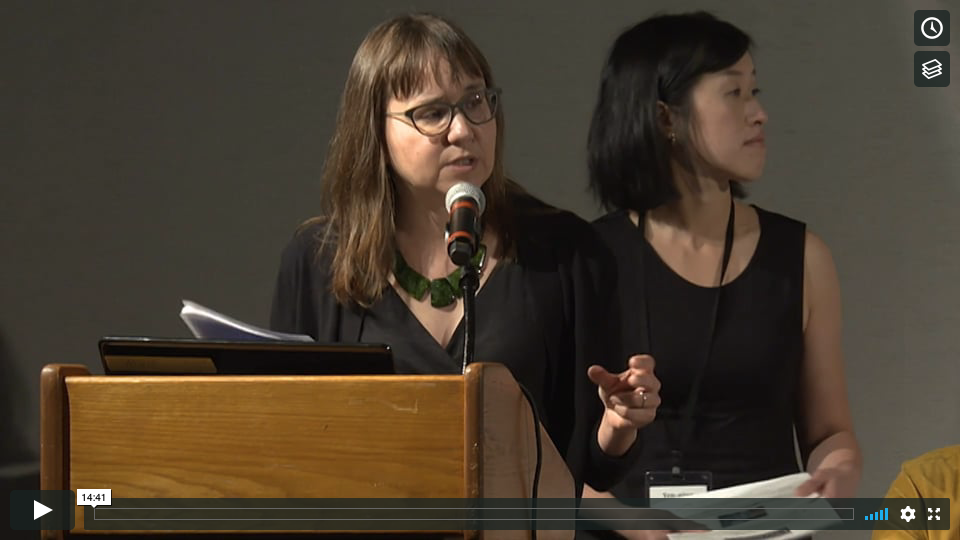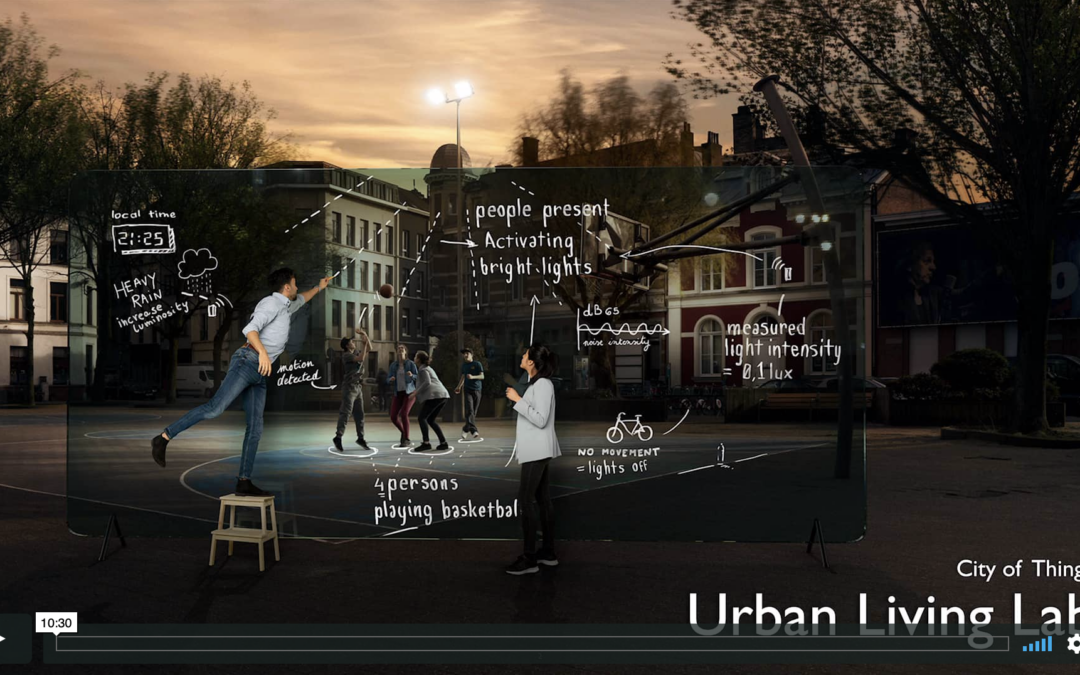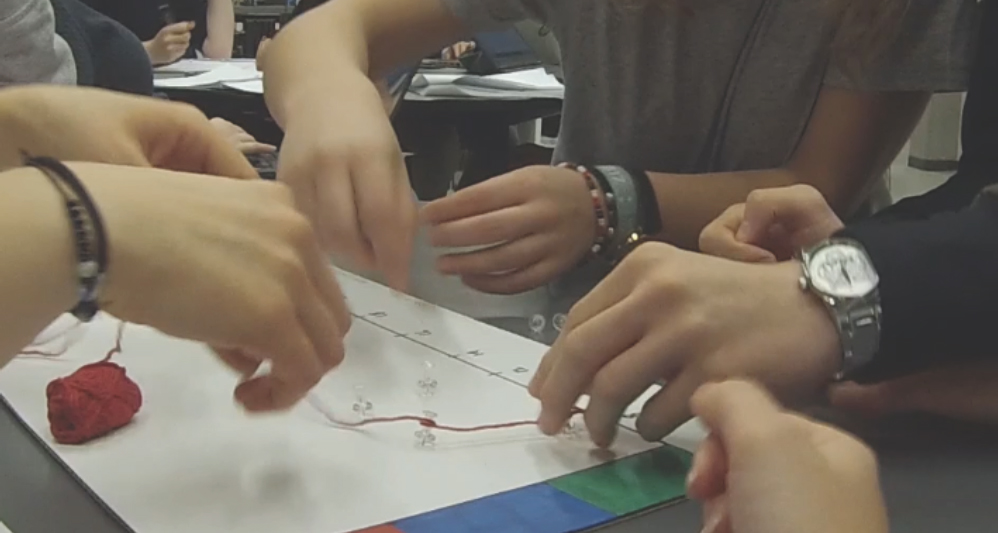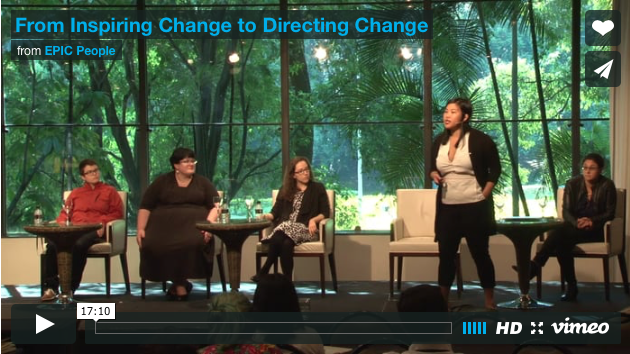Public, social and community organizations are, in many locales, driving systems change toward social and...


Public, social and community organizations are, in many locales, driving systems change toward social and...

The promise of generative AI technologies is seductive to product leaders: frictionless research in which...

This article shares an innovative, community-centered method for research, sensemaking, and innovation in social...

Case Study—We consider new expectations for ethnographic observation and sensemaking in the next 20-25 years, as technology industry ethnographers' work unfolds in the increasing presence of the type of analytical capabilities specially trained (and self-training) machines can do ‘better’ and...

This paper aims to contribute to the debate on the integration of ethnography and data science by providing a concrete research tool to deploy this integration. We start from our own experiences with user research in a data-rich environment, the smart city, and work towards a research tool that...

Fallen Fruit use fruit – and public spaces and archives – to explore the limitations and boundaries of what is...

In recent years, there has been a substantial take up in social software, but other than translating the vocabulary and arranging suitable payment facilities, little or no account is taken of cultural sense-making in the global deployment of these systems. We report on two studies of social...

Ethnography can be a divining rod for the future. Though speculative, the study of cultural signals to seed...

With the Big Data hype, making digital data accessible and relatable for non-data experts is becoming an increasing challenge. In this paper we suggest Data Physicalization as a novel approach to facilitate conversations with collaborators about the meaning of data. While this challenge has been...

This paper reflects on the evolving nature of ethnographic praxis in industry and argues that we must move beyond research and towards strategy in order to elevate our praxis, and to deliver real impact and value for our clients. Although this conversation is not new for the EPIC community, there...